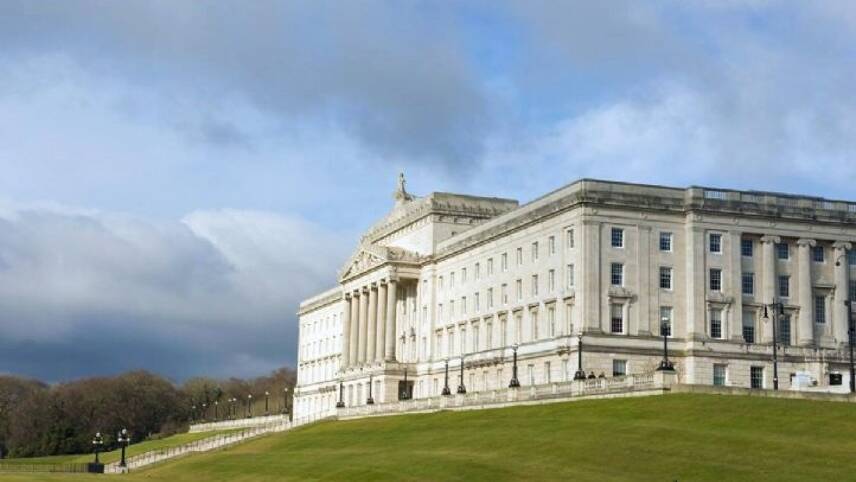Register for free and continue reading
Join our growing army of changemakers and get unlimited access to our premium content

The draft Environment Bill applies only to England and to reserved matters across the rest of the UK
In a letter addressed to the Environmental Audit Committee (EAC), DAERA’s Permanent Secretary Denis McMahon told Committee Chair Mary Creagh MP that extending the upcoming bill to Northern Ireland would be “in the public interest”.
McMahon used the letter to call for the implementation of policies which will ensure that the Office of Environmental Protection (OEP) – the UK’s post-Brexit environmental watchdog – will cover Northern Ireland.
The body will have the power to take businesses, public bodies and the Government to court over any breaches of environmental law – power which McMahon urged Ministers to extend to Northern Ireland. He highlighted the fact that Northern Ireland will be the only part of the UK to share a border with a European Union (EU) member state after Brexit, placing it at risk of breaches across borderlines.
“Northern Ireland hasn’t had a sitting Assembly since March 2017, which means that it would not be possible to address gaps in environmental governance by taking primary legislation through the Northern Ireland Assembly,” McMahon wrote.
“These include the role of environmental principles enacted in the EU treaties; EU procedures which play a part in holding UK public bodies to account on the environment; The European Court of Justice on environmental matters; and existing mechanisms for individuals and organisations to make complaints regarding environmental activities.”
Draft bill
The draft Environment Bill, which launched in December 2018, applies only to England and to reserved matters across the rest of the UK.
The final version of the bill is expected to be published this spring, and to cover – or include additional reserved matters – across Scotland, Wales and Northern Ireland. These updates and extensions are being co-designed by the Department for Food, Environment and Rural Affairs (Defra) and its UK counterparts outside of Westminster, including DAERA.
Environment Secretary Michael Gove has previously stated that the finalised Environment Bill will cover Northern Ireland. However, Creagh has argued that all UK nations should plan an equal role in shaping and owning the legislation and the powers it gives to the OEP.
“The Secretary of State’s decision to extend the remit of the OEP to cover Northern Ireland remit has ramifications for the whole of the UK,” she said.
“It creates an anomaly for Scotland in terms of animal and plant protection and highlights the importance of our recommendations that the OEP must be co-designed and co-owned by all the nations of the UK in order to be more resilient, independent and effective.”
“It also raises questions about whether the application of the Environment Bill to Northern Ireland will necessitate the rest of the UK maintaining regulatory alignment with the EU under the Irish Backstop, effectively requiring the whole of the UK to stay within a customs union and single market.”
Prime Minister Theresa May will face a second meaningful vote on her Withdrawal Agreement in the House of Commons of Tuesday (12 March), after losing the first by 230 votes in January. The issue of the Irish Backstop proved to be the key sticking point of the first vote, with Conservative MPs warning that May’s failure to negotiate sufficient changes surrounding border issues is likely to lead to a second defeat.
Sarah George


Please login or Register to leave a comment.